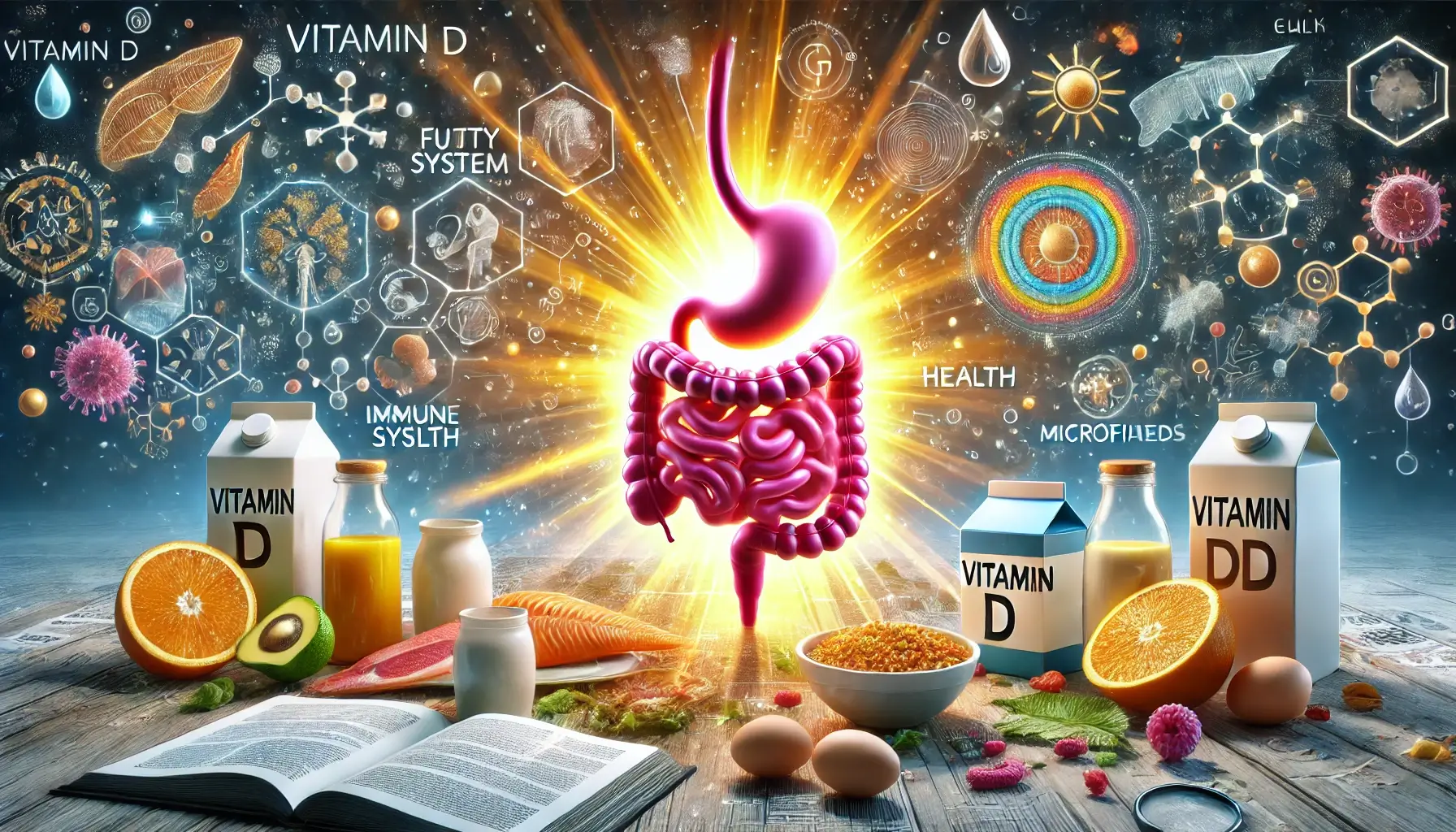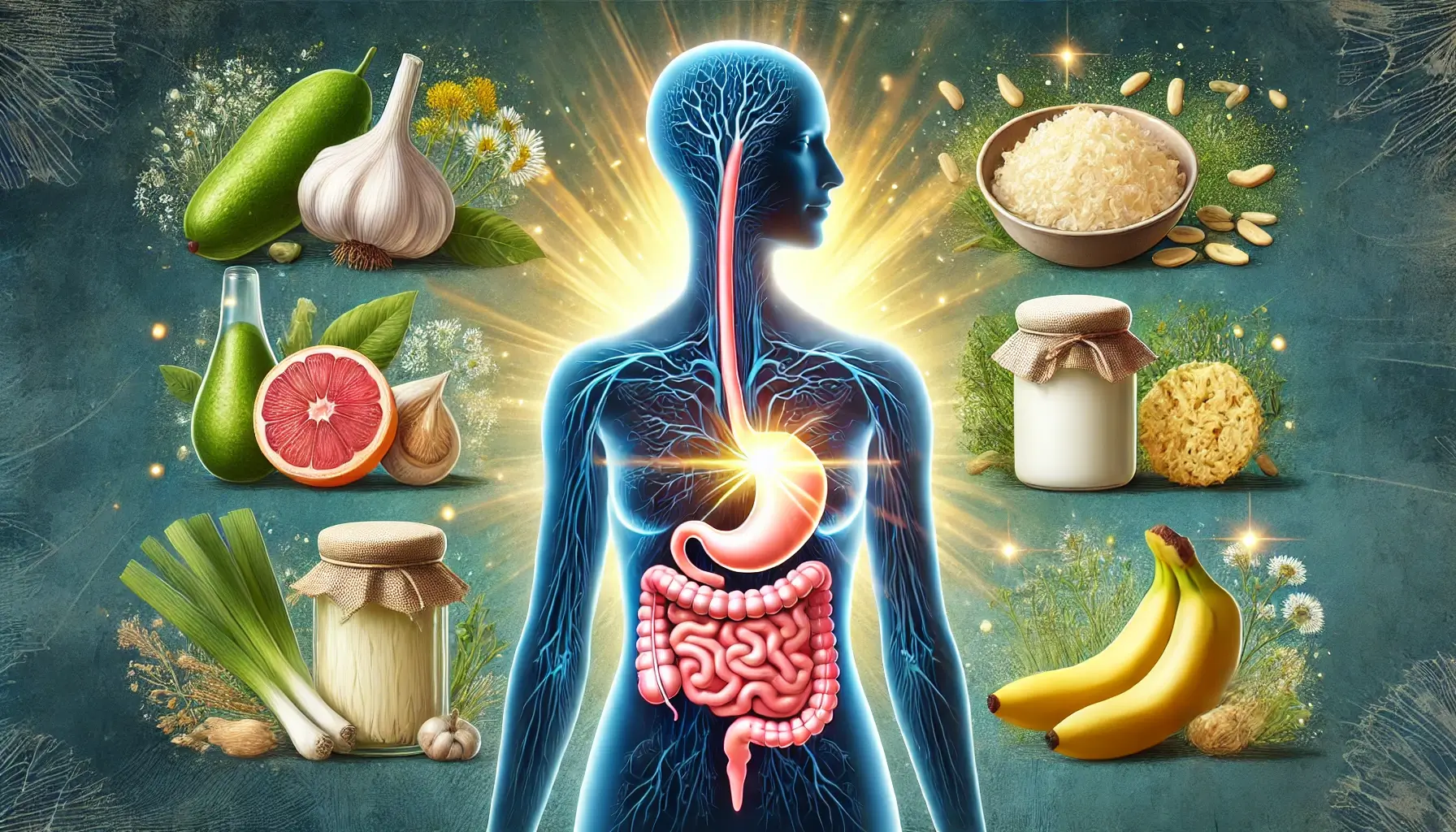Study on Beneficial Bacteria and Compulsive Eating
Some recent intriguing investigations have shown the relationship between gut flora and obsessive eating behavior. Here’s a breakdown of a significant study published in 2024:
The Research:
A 2024 study published in the journal Gut investigated the potential link between gut bacteria and compulsive eating in people and animals.
Focus on Microbiota: Researchers analyzed gut microbiota composition (the community of microorganisms in the gut) in patients with and without compulsive eating behaviors.
Findings: The study found significant changes in gut microbes between the two groups. People who eat compulsively have a higher abundance of Proteobacteria, a bacterial species, but a reduced abundance of Actinobacteria and Blautia, two other bacterial families.
Identical Findings in Mice: Surprisingly, researchers discovered similar findings in mice raised to binge eat. They found that boosting Blautia levels in these rats reduced obsessive eating behaviors.
Potential Implications:
Understanding the Gut-Brain Connection: This study focuses on the potential function of gut bacteria in affecting eating habits and compulsive eating disorders. It suggests a link between the gut bacteria and the brain’s reward system, which controls appetites and motivation.
Therapeutic Possibilities: The data suggest that prebiotics (food for beneficial bacteria) or probiotics (living bacteria supplements) can change gut microbiota and potentially lessen obsessive eating behaviors. However, additional research is needed to corroborate these possibilities.
This study on gut flora and compulsive eating is encouraging and opens the door to further exploration.
Important considerations:
Early Stage Research: This is a relatively young topic of research. More research is needed to determine the cause-and-effect relationship between gut flora and compulsive eating.
Individual Differences: Every person’s gut microbiome is unique, and the influence of specific bacteria may differ depending on personal characteristics.
Further Resources:
Original study article: If you have access to academic journals at your local library or institution, you may be able to find the original study article.
News items: A search for “gut bacteria compulsive eating study” should find news items on this study.
National Institute of Mental Health Eating Disorders: https://www.eatingdisordercenter.org/new-hampshire-treatment-program/
Overall:
This study on gut flora and compulsive eating is encouraging and opens the door to further exploration. While additional research is needed to discover definitive treatment techniques, this study indicates the possibility of regulating compulsive eating by changing gut bacteria makeup.













